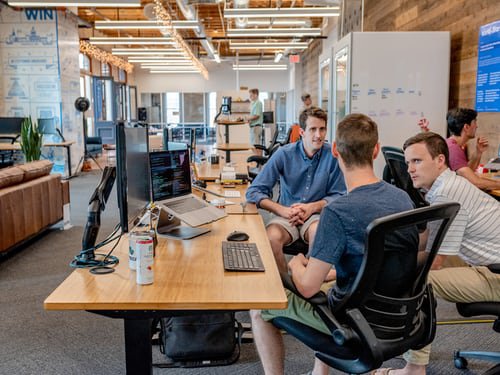Lately, it’s become rather fashionable to delineate one’s organisations as a Learning Organisation. What does this mean?
Traditionally, it was common in most organisations to have a Learning & Development function catering to the training requirements. These requirements centred around the needs of the organisation to develop its employees to perform their tasks and roles effectively. This was purely a task oriented orientation. This then widened into providing the necessary customer service skills to the employees so that they can engage and facilitate customer loyalty. The next development was leadership training to ensure the continuity and growth of the organisation. Not all organisations followed this particular trajectory, but in essence most organisations would have these 3 key elements in the Learning curriculum.
Obviously, as the demands of business grew and the expectations of the employees in the businesses grew with it, the role of learning & development evolved such that besides being driven by the employer, employees began to be involved in having a say, in terms of their personal and professional development. On-line programmes and courses offered by leading educational institutions partnering with businesses became the expected norm. This allowed employees the option to pick and choose what they wanted in their development, with the organisation recommending the required programmes to enhance their personal and professional development.
It was at this stage that the concept of a Learning Organisation emerged, where both the personal and professional development of employees became the key focus in the success of organisations rather than purely technical expertise and skills to enhance the business requirements of organisations.
The key point to remember in this debate is the concept of learning. Learning is not an unrelated and single activity based phenomenon. Learning has to be viewed as a continuous expansive series of patterns of thinking that allows working towards the results that we desire.It is only when we adopt this orientation that the new paradigm of a composite whole that is a Learning Organisation will emerge.
Of course, many selfish businesses will ask, why should we invest in the personal development of our employees if it is not going to benefit the organisation. However, when an investment is made in the development of an individual, knowingly or unknowingly, the employees will contribute by way of their thinking, attitudes and approach towards their job and the business. Moreover, their connection with the business grows and they become more attached and their engagement with the business becomes stronger. This makes a huge difference to the business.
HR has to drive this change in paradigm.


